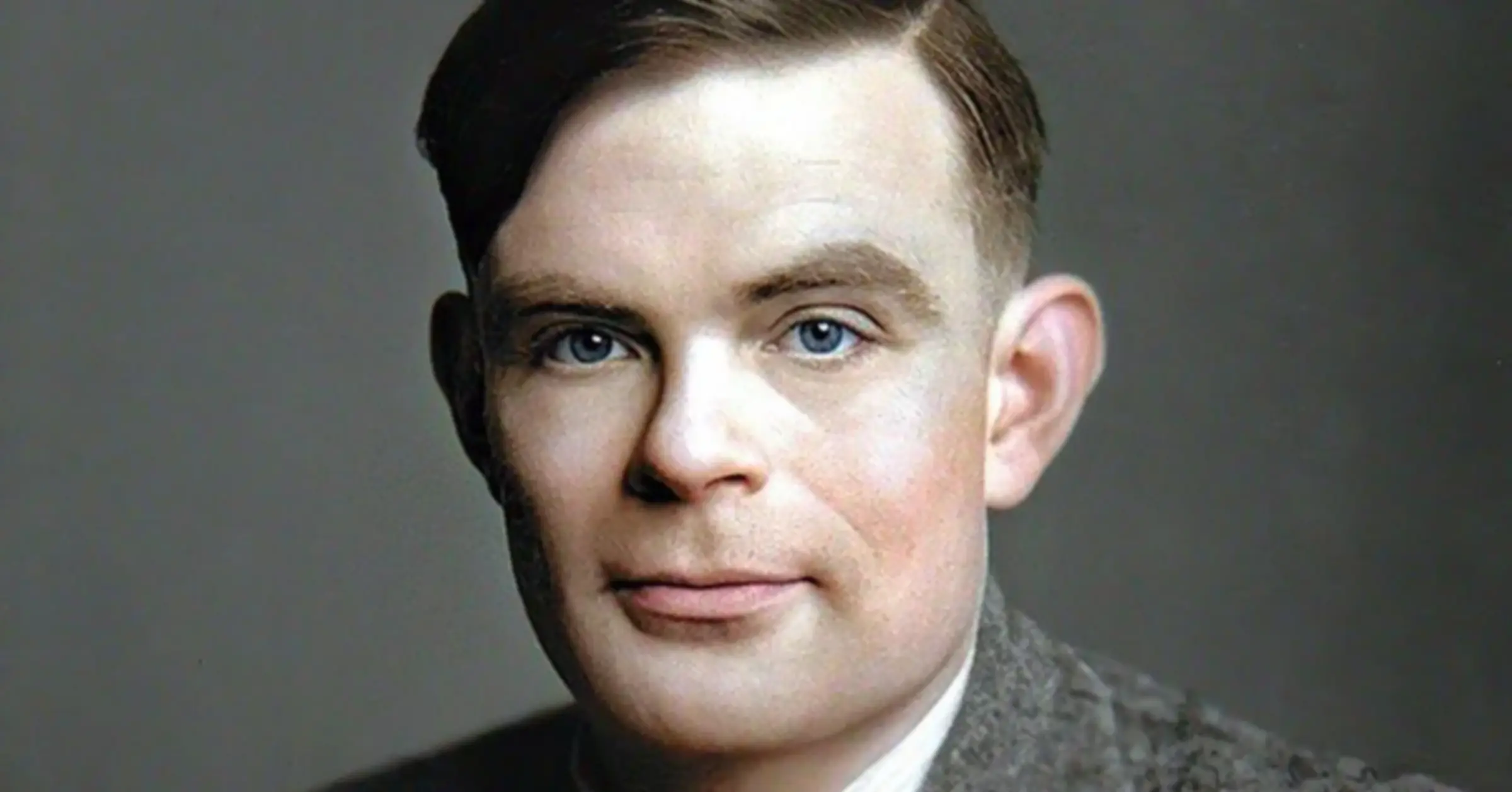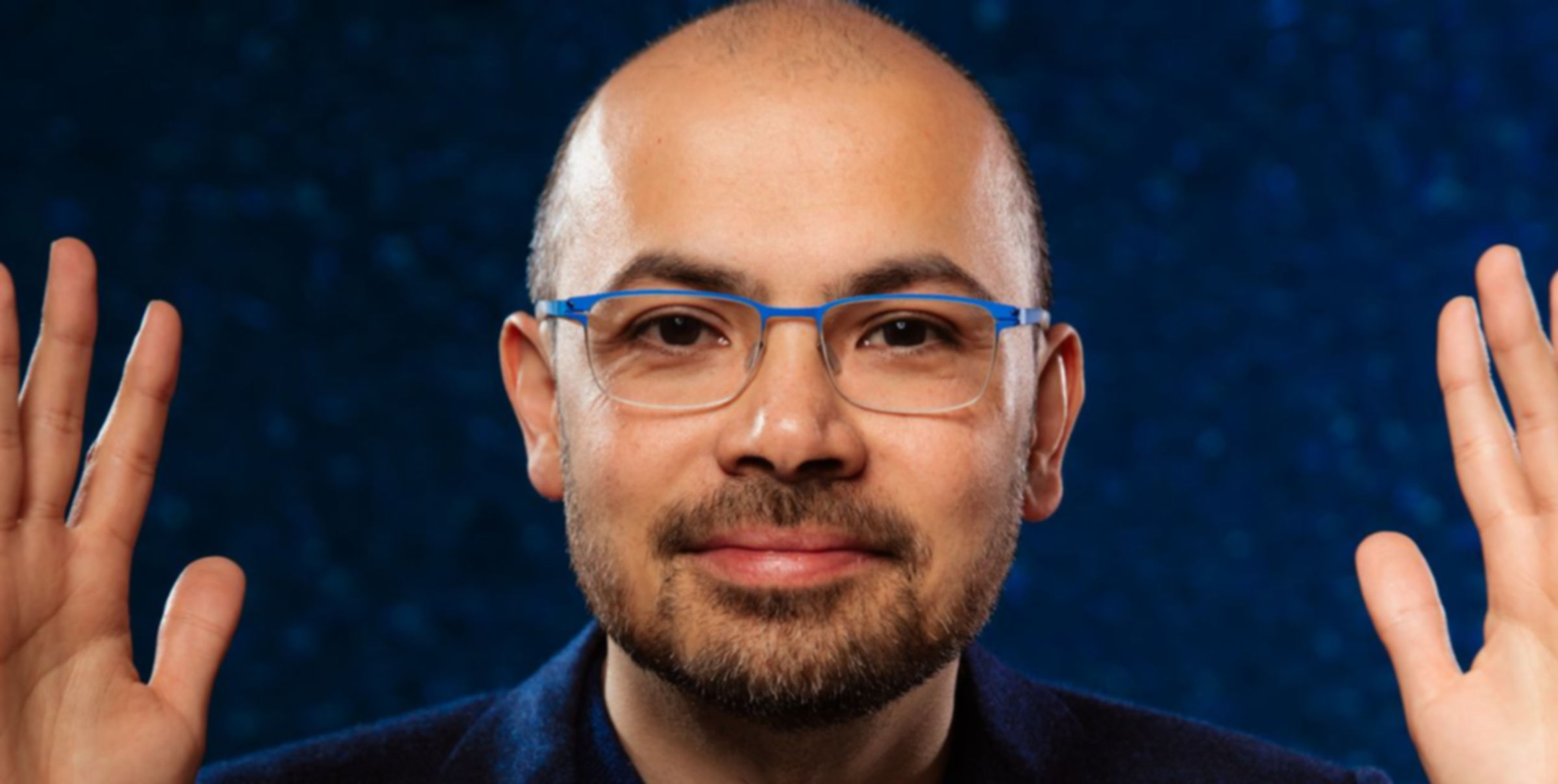The use of Artificial Intelligence is growing at an exponential rate
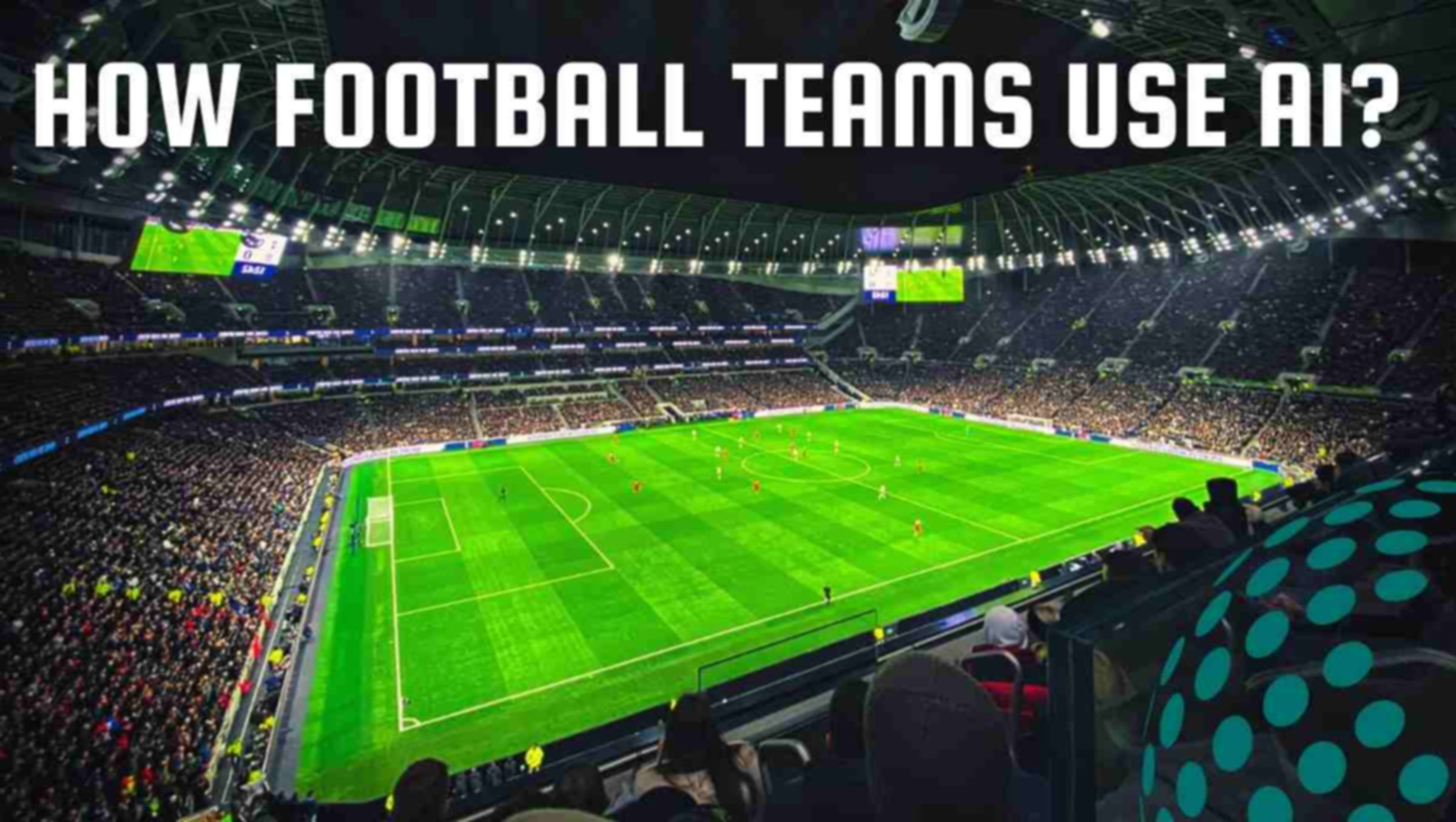 and sports organizations are at the forefront of its practical application. From recruitment to injury prevention and game analysis, football teams are using AI to improve every aspect of their organization. Let's take a look at how some of the world's biggest football clubs are using artificial intelligence today.
and sports organizations are at the forefront of its practical application. From recruitment to injury prevention and game analysis, football teams are using AI to improve every aspect of their organization. Let's take a look at how some of the world's biggest football clubs are using artificial intelligence today.
Click here to read our introduction to the use of artificial intelligence in sports analytics.
How Arsenal Uses Artificial Intelligence
Arsenal Football Club have long been synonymous with moves to modernize football and are often among the first clubs to adopt new training methods, player welfare systems and scouting models, so much so that Moneyball inspiration Billy Beane has been said to admire long-time Arsenal manager Arsene Wenger.
As far back as 2012, Arsenal showed a keen interest in data science and the club bought a company called StatDNA. Arsenal are a notoriously private organisation so it is difficult to know exactly what StatDNA does for them. However, one of the company's few employees with a public profile has stated that she “hates passing percentage” as a metric, which is a typical Moneyball mindset, eschewing top-level statistics in favor of more insightful, harder-to-measure criteria.
Although the specifics of StatDNA are proprietary we do know some things about the work they do for Arsenal. Through computer vision and deep learning algorithms, StatDNA requires about 20 hours to analyze a 90-minute football game. This is not because the software is slow, but because it takes in so much data from the game. It uses concepts like Tracking Data to assess the level of defensive pressure players were under during each passage of the game, how they responded to that pressure and what was the impact of that pressure.
Another area that StatDNA assesses for Arsenal is the quality of actions recorded as part of Event Tracking. It is not all that useful to record the number of assists a player generates unless you can be confident that the passing player truly assisted the goalscorer. The obvious example is if the goalkeeper passes the ball to a center-back, who then dribbles the entire length of the pitch and scores a wondergoal into the top corner. The goalkeeper would be awarded an assist for this even though he played no part in the goal.
This example is of course very stylized, but StatDNA does analyze many factors involved in an assist. For instance, they examine if an assist allowed the goalscorer to shoot with his favoured foot, or to shoot without breaking stride. They assess if the build-up play moved the goalkeeper out of position leaving the goalscorer with a bigger target. This information is hugely valuable at removing randomness or viewership bias from analysis and allows the club to make better-informed decisions.
Arsenal uses this information to enhance their recruitment, training and performance analysis. It has allowed the club to improve its recruitment with diamond-in-the-rough singing like Gabriel Martinelli from the fourth tier of Brazilian football or William Saliba from France.
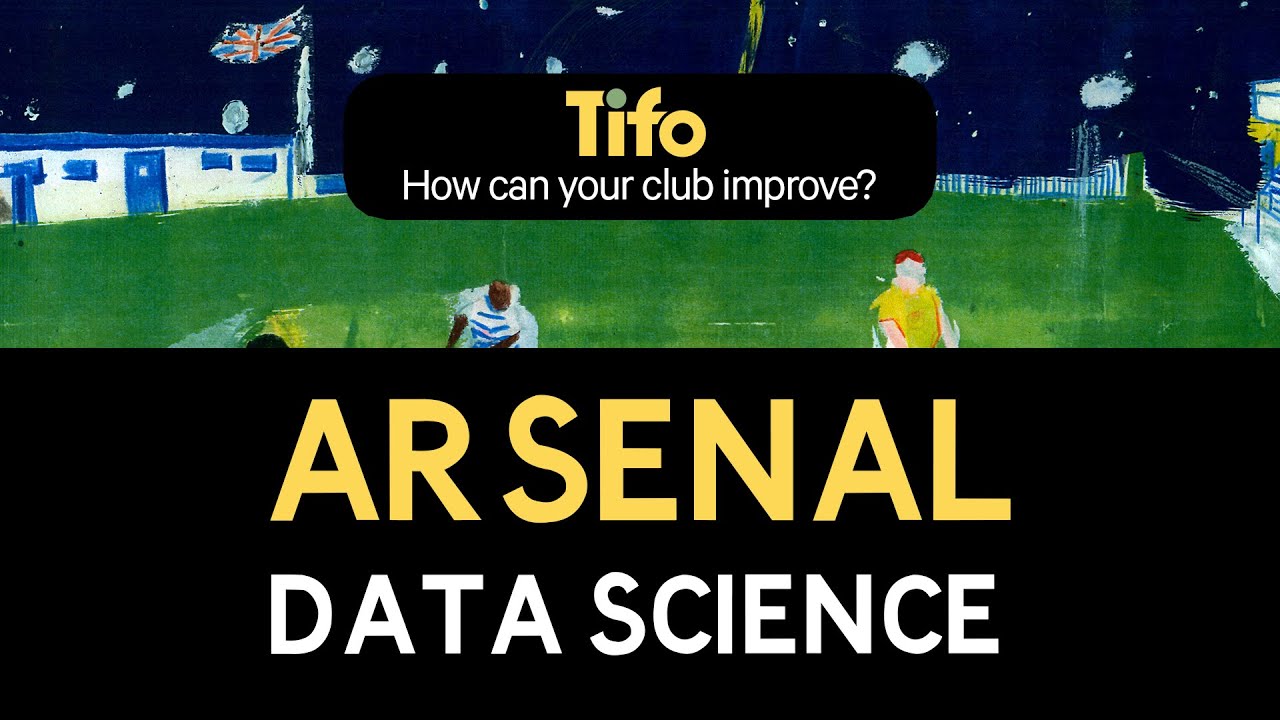
How Manchester United Uses Artificial Intelligence
Man United are one of the biggest sports organizations on the planet and it is no surprise they are looking to utilize artificial intelligence firms to improve their operations. Unlike Arsenal, they have not bought or developed in-house capabilities but rather the club is partnering with leading global AI providers. One of the primary partners in this effort is a company called Catapult Sports and their focus is on squad management.
Squad management is an area of the game that United have historically excelled in. Legendary manager Alex Ferguson could build and manage title-winning squads year in, year out, and did it in an analogue world. Since his retirement he has talked with Havard about his season preparation and the result were plain to see in his relentless success. The game has changed somewhat since then and managers are happy to leverage AI to make this task easier. This is where Catapult comes in.
Tony Strudwick, formerly the head of performance at Manchester United, who works closely with Catapult Sports, sums up this modernization of approach perfectly: “Any way of tracking performance through technology allows you to make smarter decisions and gives you an objective measure of performance. Twenty years ago we didn’t have the technology and you were reliant upon intuition alone and the coach’s eye." You can read the rest of his thoughts on the Catapult Sports website.
Catapult Sports have partnered with over 3,000 football team around the globe and their data sets and network are unrivaled. Each club has adopted its own approach to AI, with Arsenal keeping it in-house and United partnering externally, but both clubs are leaning into this new era with enthusiasm.
How Brentford FC Uses Artificial Intelligence
Brentford is the pace-setter in terms of AI and data-driven recruitment policies. The London club is probably the most modern of all major football teams when it comes to data science thanks in no small part to their owner. Matthew Benham’s background was in sports betting before he moved into football ownership, and that is where he honed his data modeling and analysis skills.
Benham's story is fascinating in its own right and for anyone with even a passing interest in football, recruitment, or even data science it is worth reading about how he revolutionized his club and football recruitment in general. Here we will look at some aspects of AI football analysis that Brentford does a little bit differently to everyone else.
Where Brentford really come into their own is in terms of recruitment. As we mentioned above when looking at Arsenal, the real value of data and analysis often comes from doing things a little bit differently than everyone else. Assists are a commonly used metric but assists where the pass allows the goalscorer to shoot with his good foot without breaking stride is far more valuable. For recruitment of elite football talent, Brentford uses their own proprietary yardsticks for measuring players.
Rather than analyzing players against the standard eleven positions on a football pitch, Brentford breaks their analysis down into 16 positions. Each position is evaluated against six criteria, which are not made public, and this is how the club asses its own squad and transfer targets. The club has a database of over 85,000 players globally and each player is assessed in either one or multiple positions. This AI-driven approach has allowed Brentford to recruit far more efficiently than other clubs and maintain top-flight status on a relatively small budget. They can unearth players in leagues many other clubs do not even consider, due to their data-driven AI-powered approach.
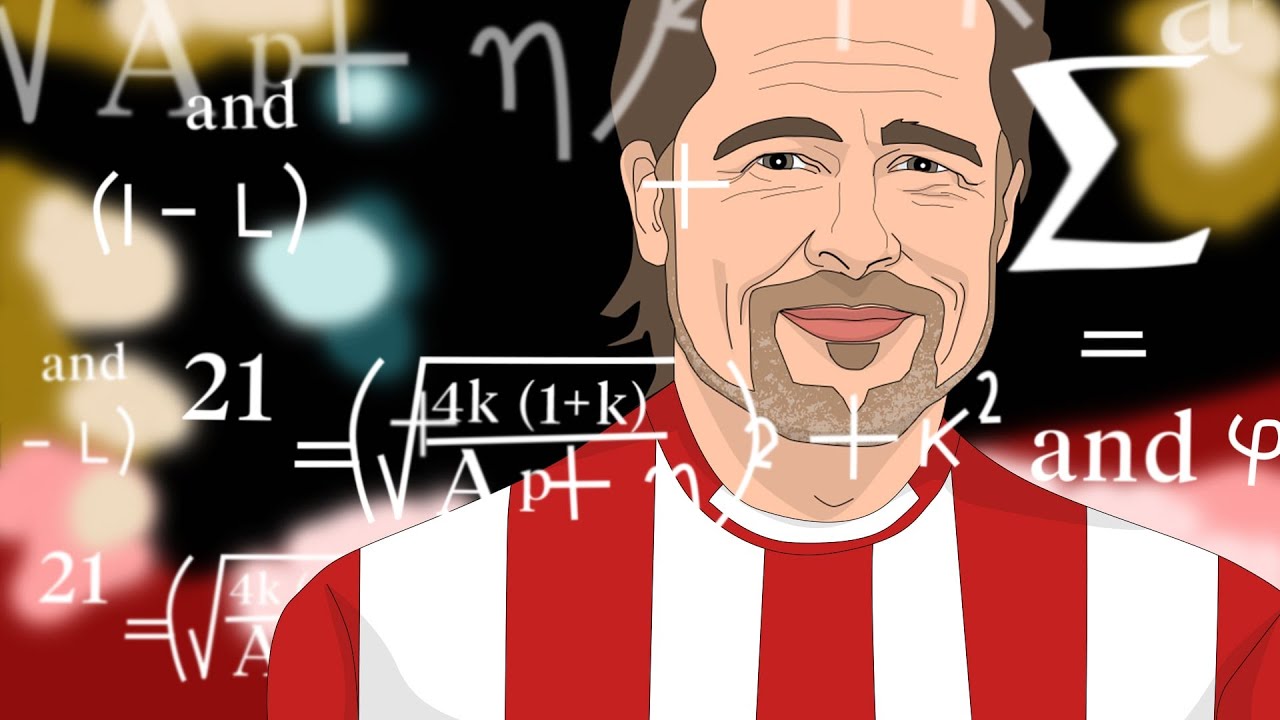
How Barcelona Uses Artificial Intelligence
Barcelona are one of the most iconic football clubs in the world and are known for their commitment to innovation. The club has embraced artificial intelligence, particularly for analyzing gameplay and developing strategies, as part of the club's leading program, The Barca Innovation Hub. As we have discussed previously, AI algorithms are particularly adept at analyzing vast quantities of difficult data. One such example is sifting through hundreds or thousands of hours of match footage to identify repeated patterns of play. This is one of the areas where Barca use AI the most.
Computer vision is deployed to identify the repeated movement sequences and patterns that lead up to goal-scoring opportunities. Deep learning algorithms use both Tracking Data and Event Data to understand flowing moves and how direct actions, such as passes, and indirect actions, such as defensive pressure, combine into goals. Once identified, Barcelona can incorporate these patterns into their training regime.
The same software is also used to better understand and prepare for opposition formations, tactics, and even set-piece play. There are far more formations and nuances to modern football than many pundits realize and the more complex a dataset the more useful AI technology becomes. There is even a very real chance that these AI technologies will identify patterns that the most advanced coaching minds may have failed to notice.
Like most clubs Barcelona play their cards close to their chest but Kognia Sports is one of their artificial intelligence partners. Kogina is a global leader in the use of computer vision and deep learning algorithms to analyze football tactics.
How Real Madrid Uses Artificial Intelligence
Los Blancos are the biggest name in football so it should be no surprise to learn the club has invested heavily in artificial intelligence. One area that Real Madrid stands out in terms of their AI use is analyzing player decision-making. Using the same suite of tools as the other clubs on this list, particularly computer vision and deep learning algorithms, Madrid leverages AI to understand how players make decisions and what they can do to make better ones. The technology can track where a player looks prior to receiving the ball, his head movements, any changes in direction and ultimately asses if he made the best decision or not.
It is possible that a coach could assess this intuitively over time, but it is not possible for a human or team of humans to do this at the speed or scale of AI. Remember, elite football clubs are using AI to track every action and movement of every player on the pitch in every moment of the game. Scanning and decision-making like this were long thought to be the reserve of the most elite players and with AI is it being digitalized. This means it can be understood faster and coached more easily and this could significantly change the game.
Set-piece strategy is another area in which Madrid uses AI extensively. They use artificial intelligence to make decisions in everything from free kicks to corners. Should a player shoot directly at goal or pass the ball out wide? Against this particular opposition, is a corner better targeted at the near post or the far one? How far and aggressively will this keeper come out to catch a cross? These are all questions that AI is helping Real Madrid to answer more accurately and more quickly.
How Football Teams Use Artificial Intelligence (AI)
We have looked at the various ways some of the biggest clubs across Europe utilize AI in their operations, from recruitment and training to injury prevention and decision-making analysis. The use of these technologies in real-time has not yet been confirmed by these clubs that is certainly the direction the game is going. There is of course a long way to go but it is already clear that having an edge in the AI arms race can translate to on-field success in football. Will Arsenal's in-house approach win out over United's global partnership model? Will Bretnford's recruitment algorithms continue to find hidden gems and can Bayern's key players avoid injury more than their peers? Only time will tell, but we can confidently say that football teams that use AI will win out of those that do not.
Click here to see how teams like Bayern Munich and PSG use artificial intelligence to manage player welfare and injury prevention.

